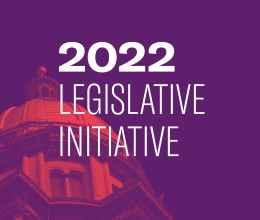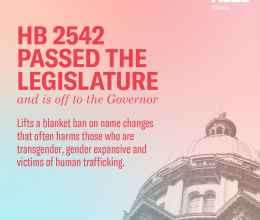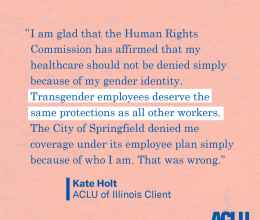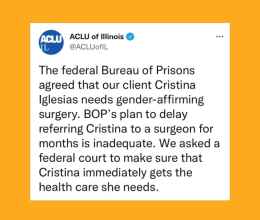
Cross-posted from The New York Times
By Dorothy J. Samuels
Workplace discrimination based on sexual orientation or gender identity “needs to stop,” President Obama said last November, “because in the United States of America, who you are and who you love should never be a fireable offense.” But November came and went, as did 2013, and the first quarter of 2014, without the president heeding the rising calls for executive action.
Finally, on Monday, a White House official disclosed that Mr. Obama is prepared to issue an order barring federal contractors from discriminating on the basis of sexual orientation or gender identity.
This could be a big deal: Federal contractors employ more than 20 percent of the American workforce.
But much will depend on the fine print. A key issue is the scope of any religious exemption. Title VII provides a model: It permits institutions whose “purpose and character are primarily religious” to favor people of their own faith in hiring. But houses of worship and religiously affiliated groups are subject to the law’s prohibitions on discrimination on the basis of sex, race and national origin. The executive order should treat sexual orientation and gender identity in a similar fashion. To do otherwise would mean too many jobs would remain outside the order’s protection.
The president has repeatedly used executive orders to further his administration’s goals when Congressional Republicans have refused to act, but had dragged his feet on this particular issue. It is probably no coincidence that the White House chose to make known Mr. Obama’s commitment during Gay Pride Month, when he will be making appearances before LGBT audiences.
Of course this important order will not remove the need for broader legislation supported by the president. Specifically the Employment Non-Discrimination Act, which would cover all employees, not just government contractors, and which has been languishing in the Republican-led House.
The president’s apparently come around to the realization that leading by example, rather than waiting, is the best way to goad legislative action. Putting the promised measure into effect stands to help millions of lesbian, gay, bi-sexual and transgender Americans presently lacking basic employment discrimination protections.




